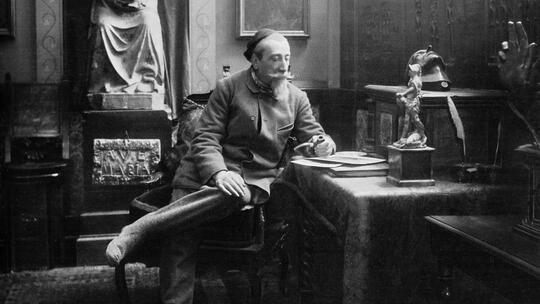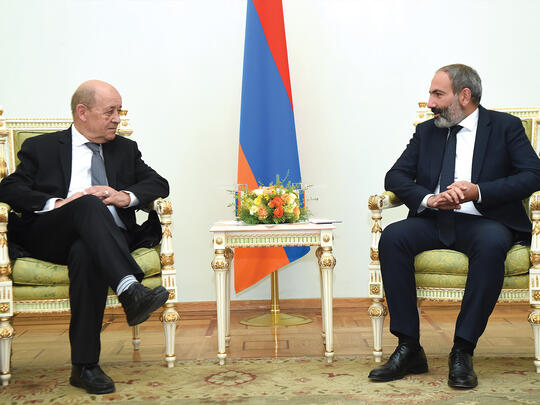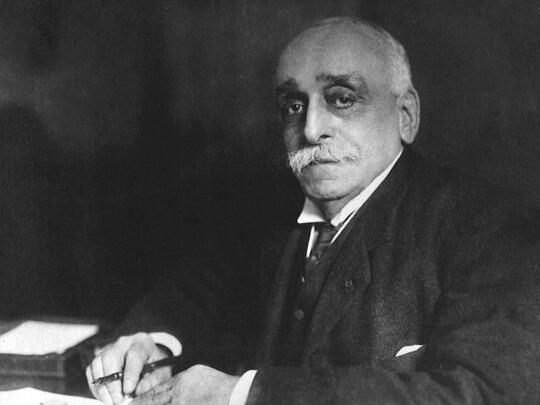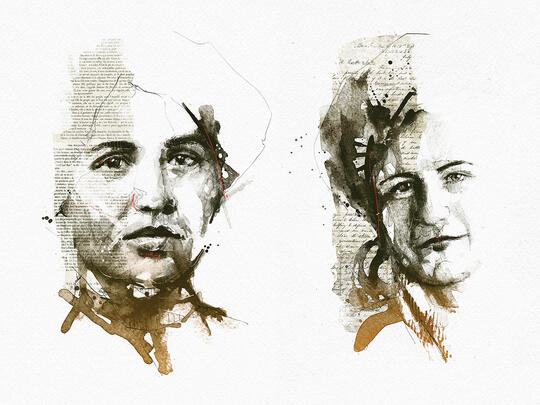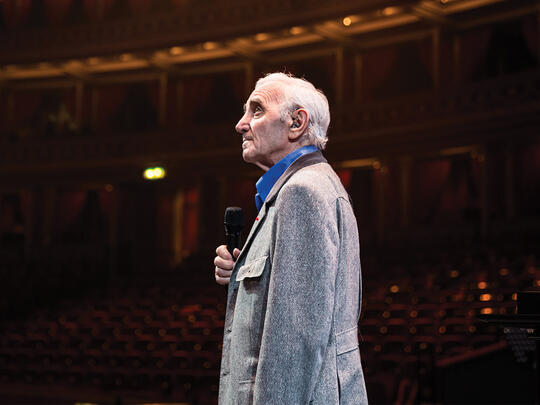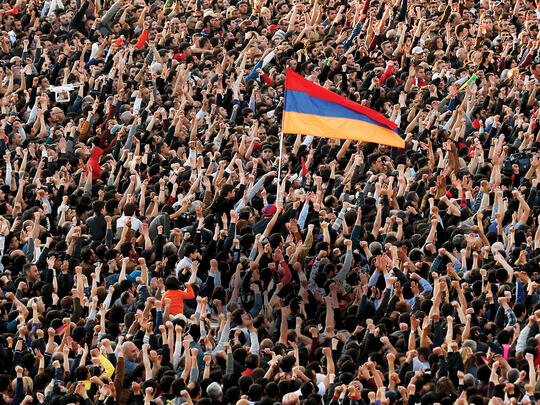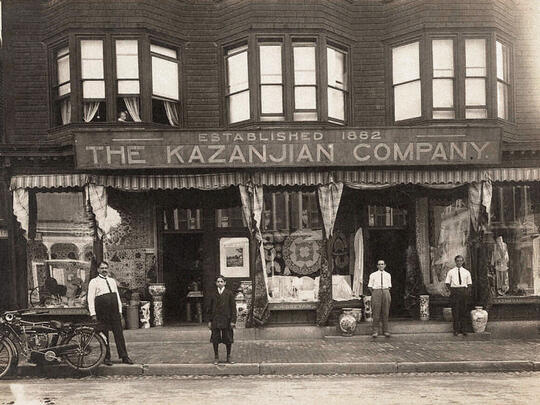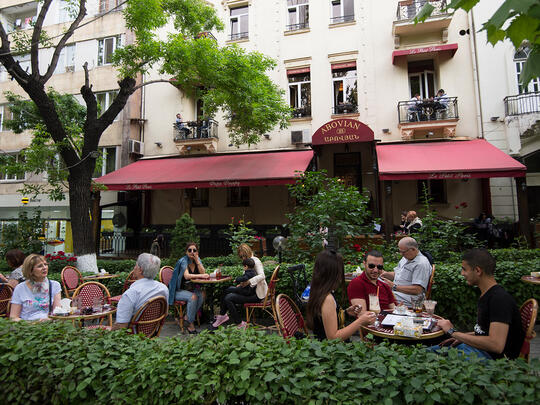At the turn of the 20th century, the mass violence perpetrated against the civilian populations of the Ottoman Empire—in Bulgaria, Macedonia and Armenia—prompted a mobilization in French intellectual and political circles. The massacres ordered by Sultan Abdülhamid II against the Armenians between 1894 and 1896—long ignored by the French press—were ultimately made known to the public. It was French Socialist leader Jean Jaurès’ speech on November 3, 1896 in the Chamber of Deputies that set the Armenian solidarity movement into motion. It came as a surprise, because no one expected to see him intervene on a matter relating to foreign politics. Its effect on aid and public opinion was considerable; in particular, he blamed the French government for the policy it had pursued toward Turkey for four years, taking specific aim at the Minister of Foreign Affairs, Gabriel Hanotaux, who was in the room at the time. His one-and-a-half-hour speech marked the true start of the Armenophile movement in France. Parisian newspapers, which were known to receive large sums from agents of the Ottoman sultan, changed their tone. In particular, he pointed out the cynicism of the minister.
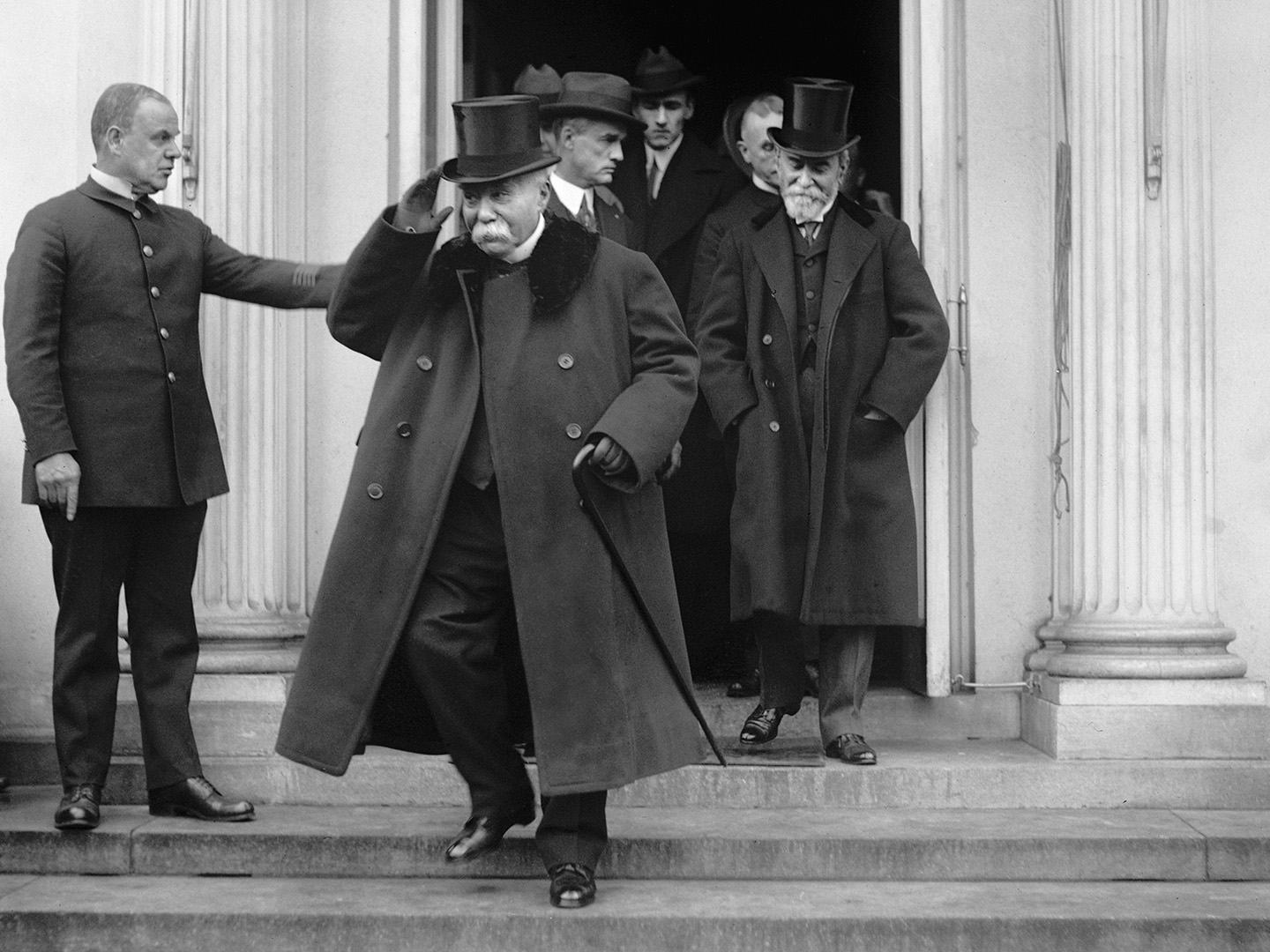
But Jaurès was not the only one to condemn this violence. Georges Clemenceau, a journalist and political activist, worked alongside Jean Jaurès and Anatole France. He led an information campaign in his newspaper, La Justice, which was one of the few publications to report on the large-scale massacres in the Ottoman Empire against the Armenians in the final months of 1895. They both denounced the state policy that prevented France from intervening in—or even from condemning—the policies of Sultan Abdülhamid II as well as the groups “that intended to turn the massacres in Armenia into an opportunity for a religious campaign.” Such condemnation raised the political consciousness of ordinary citizens, uniting individuals from various walks of life including academics and intellectuals.
These activists were aware of the responsibility that had fallen to them: to denounce the cynicism of France’s policies toward Turkey, which were mainly driven by economic interests. Refusing to turn a blind eye to the massacre of hundreds of thousands of Ottoman Armenian subjects was also a way to lead the fight against colonial policies; denouncing the authoritarian inclinations rooted in the practices of power and anti-Semitism was also a way to refuse a drift toward the arbitrary, toward the reactionary tendencies of certain political circles. It is around this struggle that Georges Clemenceau, Anatole France, Jean Jaurès, Jean Longuet, Francis de Pressensé and Eugène de Roberty, who jointly founded the Human Rights League, became members of the editorial board of the journal Pro Armenia, which was led by Pierre Quillard.1 An ardent supporter of Alfred Dreyfus and a close friend of Bernard Lazare and Francis de Pressensé, Pierre Quillard was one of the most active French Armenophiles at the turn of the 20th century as well as the vice president—and later secretary-general—of the Human Rights League.

The most recent scholarship on these issues illustrate the impact of this mobilization on the ethical struggles that would follow, particularly the struggle beginning in 1898 to exonerate Captain Dreyfus, a Jewish officer in the French army who was wrongly convicted of treason in 1894. The case divided French society into those who believed him guilty and those who did not, the latter of which was led by Georges Clemenceau alongside Emile Zola and Jean Jaurès, among others. In fact, in the mind of Clemenceau, there was an ethical connection between the Armenian massacres of 1894-1896 and the Dreyfus Affair—a kind of continuum that brought together the same intellectual and political networks in the name of injustice and in the name of its arbitrariness. In the newspaper L’Aurore on February 26, 1898, he draws a clear parallel between the two struggles: “In the Jew, we saw a man to defend. Similarly, I defended the Christians of Armenia who were massacred by the Turks at a time when so many newspapers that accuse us of being paid by the Jewish syndicate were remarkably silent, as the syndicate of elite Jewish and Christian banking families needed to let this human blood flow to make Ottoman money grow.” For him, as for his colleagues, this struggle left a scar, because he was not able to influence French policy or arrange a diplomatic intervention that would have certainly put an end to the massacres. Furthermore, they saw that, by building on their experience, they drew much more attention defending Captain Dreyfus than fighting for the Armenians.
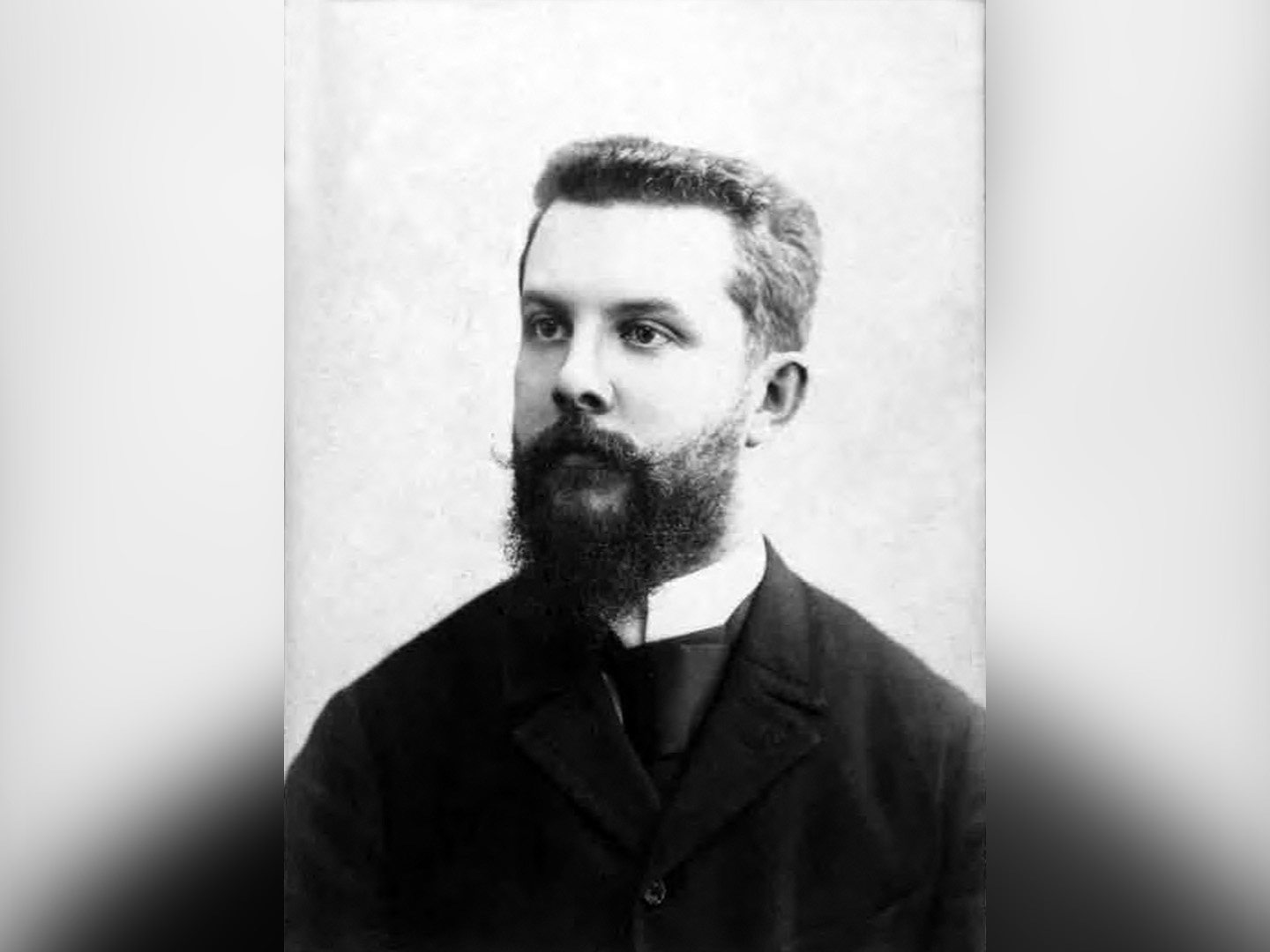
Condemning the repressive policies of the Ottoman authorities after the massacres ended, however, remained at the heart of the concerns of the editorial board of the journal Pro Armenia, which still had Pierre Quillard as its editor. Moreover, it was around the journal that the International Congress of Armenophiles was organized in Brussels in 1902 with the goal of offering insights on the extent of the political and social branches of the movement. This brought together various Armenophile groups in Europe—from Denmark and Germany to Austria-Hungary, England, and Russia, etc. In France, figures from the academic and scholarly world were found alongside many leading politicians—such as Jean Jaurès, Georges Clemenceau and Aristide Briand—as well as figures from the Armenophile movement—such as Séverine, Jean Longuet, Francis de Pressensé, Bernard Lazare and Elisée Reclus. Also included were former ministers, diplomats, journalists, newspaper editors, lawyers and jurists.
However, the Young Turks’ rise to power in 1908 represented a turning point in the activism of both Jaurès and Clemenceau, who considered them progressive elements that would expand democratic prospects for the Ottoman Empire. The Cilician massacres in April 1909 did not change anything. George Clemenceau, who had become president of the Council of Ministers, considered them isolated incidents, perhaps due to forces stemming from the previous regime, despite diplomatic dispatches that attest to the involvement of Ottoman troops in the massacre of 30,000 civilians. Pro Armenia then laid dormant. By appearing to be progressive and allying themselves with the Armenian Revolutionary Federation (ARF), the Young Turks aroused the hopes and sympathies of a large number of French Armenophiles. Nevertheless, in December 1912, during the Balkan Wars, the journal was published once again under the title Pour les peuples d’Orient (For the Peoples of the Orient), with the subtitle Organe des revendications arméniennes (Organ for Armenian Demands), on the initiative of Jean Longuet, following the death of Pierre Quillard. The publication was led by Francis de Pressensé, president of the Human Rights League at the time, and by Victor Bérard. The journal appeared once again under its former title Pro Armenia from December 10, 1913 to July 10, 1914.
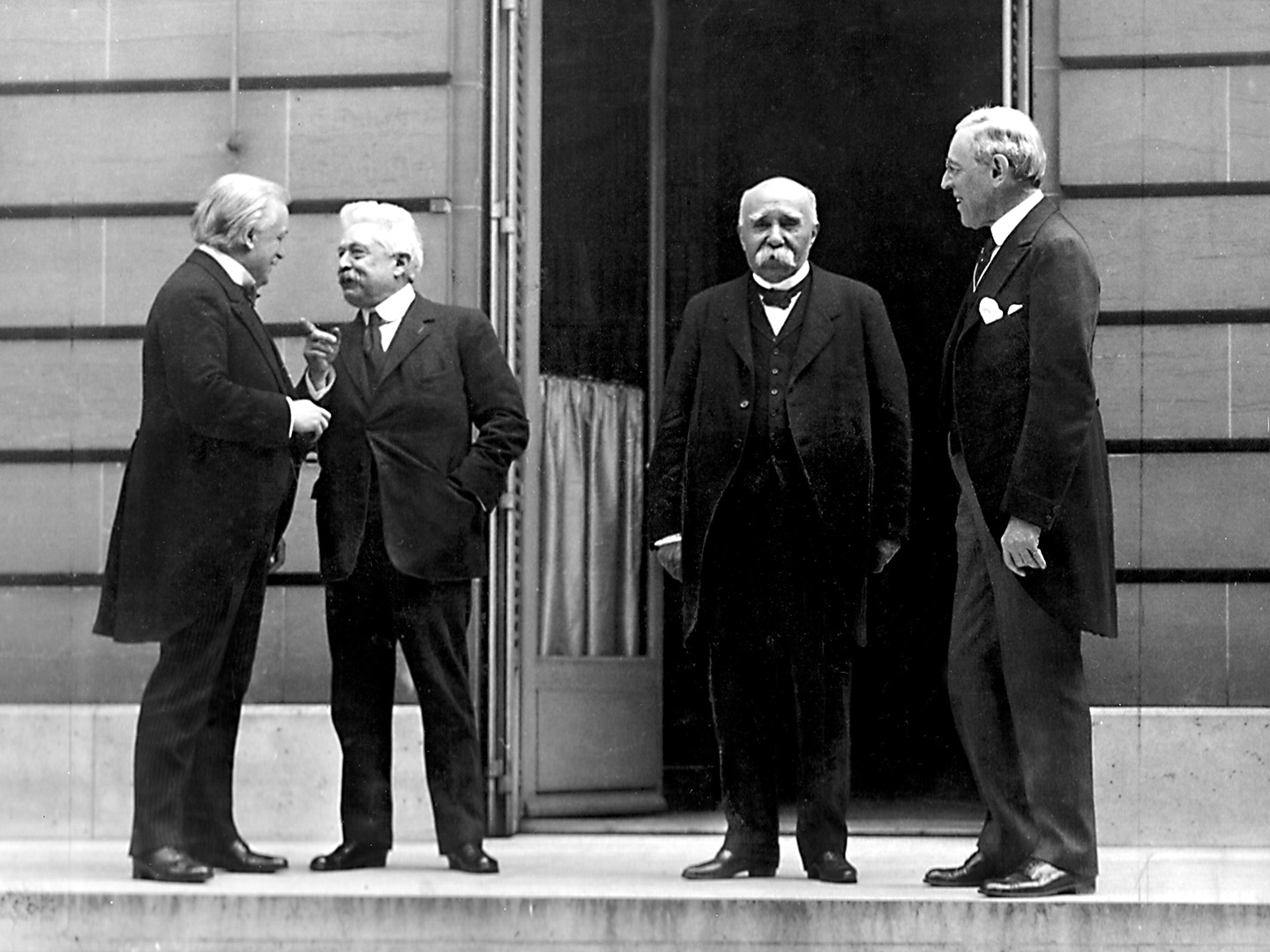
In the aftermath of World War I, it was, however, in his capacity as the president of the Council of Ministers that Georges Clemenceau was brought in to organize the peace conference that was held in Paris, particularly the working sessions of the Council of Four. This council—comprised of Georges Clemenceau, David Lloyd George, Vittorio Emanuele Orlando and Woodrow Wilson—made the decisions that the Peace Conference would impose on defeated countries. From March 24 to June 28, 1919, these men put their ideas on the future of the world to the test on a daily basis. During the April 2 session, the issue of responsibility was raised and the principle of forming a court of justice, which was proposed in the concluding remarks of the Responsibilities Commission, was discussed. In mid-June, an Ottoman delegation requested to appear before the council and was heard on June 17, 1919. Lloyd George proposed responding to them. Clemenceau even proposed to “do it in writing,” because it was necessary for the Turkish delegates to “respond to their document, which is a veritable confession.” In the letter than Clemenceau had delivered to the head of the Turkish delegation, Damad Ferid, it states: “We have not found a single case in Europe, Asia or Africa, where the establishment of Turkish domination on a country was not followed by a decline in its material prosperity and by a reduction in its level of culture […] In this entire matter, the massacre of Christian Armenians by order of the Turkish government was the only instance where we were able to appreciate the taste of calculated fanaticism.”
Translated from French by Jennifer Manoukian
1Founded on the initiative of Dr. Jean Loris-Mélikoff, a doctor at the Pasteur Institute and the nephew of an interior minister under Tsar Alexander II, this journal was published in Paris from 1900 to 1914 (with an interruption between the end of 1908 and 1912).
Banner photo courtesy of Lebrecht music & Arts/Alamy

